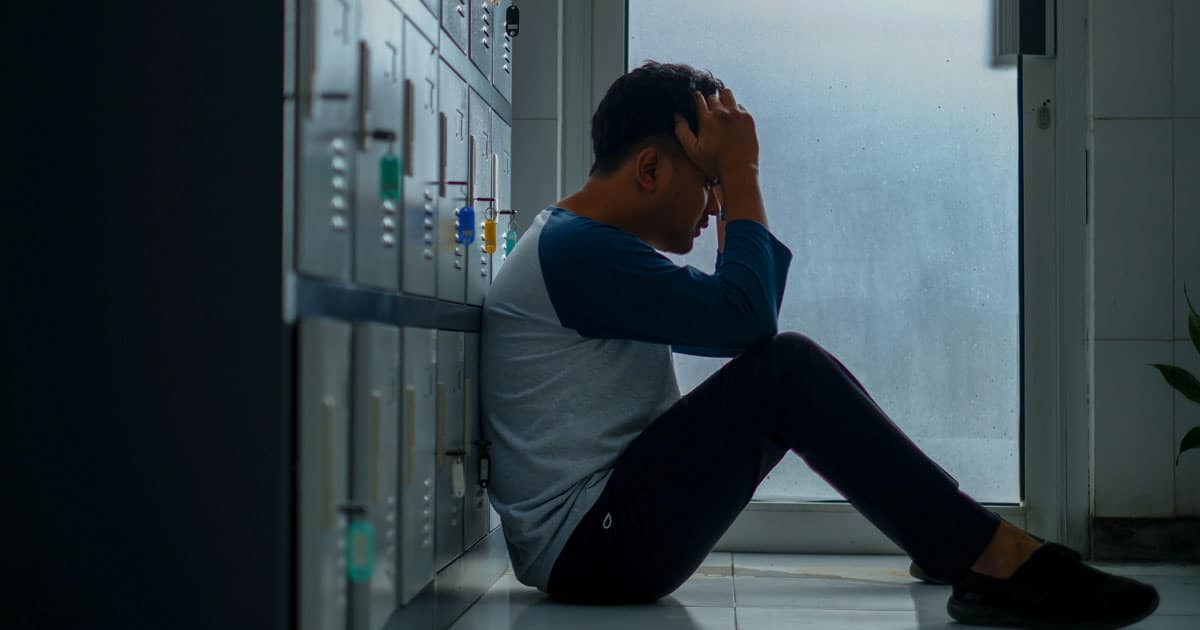Car accidents can be highly traumatic and stressful, leading to anxiety and depression. Even if the accident is minor, the shock and fear can linger, causing long-term emotional distress. If you have been involved in a car accident and are struggling with anxiety or depression, you are not alone. It’s crucial to understand that there are ways to cope with these feelings and overcome them.

Understanding the Symptoms of Anxiety and Depression
After a car crash, it’s normal to experience shock, fear, or both. However, if these feelings persist and become overwhelming, they can lead to anxiety and depression. Anxiety is a worry or unease that can be mild or severe. It can cause physical symptoms such as rapid heartbeat, sweating, and shaking. Depression, on the other hand, is a mood disorder that causes persistent sadness and loss of interest in activities. It can cause physical symptoms such as fatigue, sleep disturbances, and changes in appetite. Both are very unhealthy mental issues.
Coping with Anxiety and Depression
A mental health professional can provide the tools and support you need to cope with your feelings. However, you can also do things on your own to help manage your symptoms.
- Practice Mindfulness:
Mindfulness can help reduce anxiety and depression by calming your mind and slowing your thoughts. You can practice mindfulness by meditating, doing yoga, or simply taking deep breaths and focusing on your breath.
- Exercise Regularly:
Exercise is a natural mood booster that can help reduce symptoms of anxiety and depression. It doesn’t have to be intense; even a simple walk around the block can be beneficial.
- Stay Connected:
Social support is crucial when it comes to coping with anxiety and depression. Join a support group for people who have experienced car accidents.
- Maintain a Healthy Lifestyle:
Living a healthy lifestyle can contribute to the reduction of symptoms associated with anxiety and depression. Eat a balanced diet, sleep well, and avoid drugs and alcohol.
- Seek Professional Help:
A mental health professional can provide the tools and support you need to cope with your feelings.
Moving Forward
Recovering from a car accident takes time, patience, and effort. The road to recovery may be bumpy, but it’s important to remember that you can overcome anxiety and depression. The tips outlined in this article can help you manage your symptoms and move forward.
- Give Yourself Time:
It’s normal to feel overwhelmed and anxious after a car accident. Give yourself time to heal and recover. Don’t rush yourself or try to push through your feelings. Give yourself permission to feel your emotions and deal with them.
- Set Realistic Goals:
You can maintain your motivation and focus by setting reasonable objectives. Divide your goals into manageable, little tasks. Whatever your achievements may be, be proud of them.
- Focus on the Positive:
It’s easy to get stuck in negative thinking after a car accident. Concentrate as much as you can on your life’s blessings. Keep a gratitude journal and write down what you are thankful for daily.
If you want to learn more about your legal rights and options after a car accident, you can learn more here. This page provides information about car accident laws and resources that may be helpful in your recovery.
Conclusion
If you have been involved in a car accident and are struggling with anxiety or depression, it’s important to remember that recovery is possible. Coping with these feelings takes time, effort, and support from professionals and loved ones. The road to recovery may be challenging, but by practicing mindfulness, exercising regularly, staying connected, maintaining a healthy lifestyle, seeking professional help, giving yourself time, setting realistic goals, focusing on the positive, and learning more about anxiety and depression, you can overcome these difficulties and move forward.
